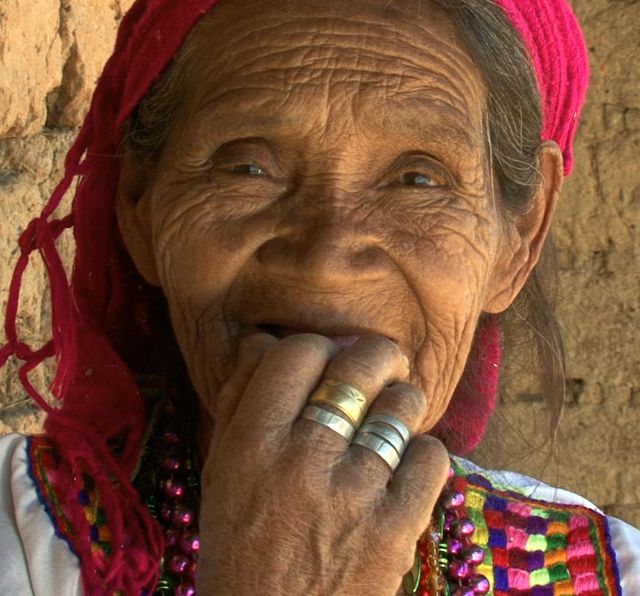Print  |
|


How languages can help restore dignity
|
Cultural diversity is a rich asset for individuals and societies. The protection, promotion, and maintenance of cultural diversity are an essential requirement for sustainable development that should benefit present and future generations |
|
UNESCO convention, article 2 |
 Across the planet, from Brazil to Siberia, from Canada to the Pacific islands, from Australia to Greenland, the harm produced by the loss of cultural identity among indigenous populations is well known: alcoholism, drug addiction, suicide, family violence, psychiatric problems, disintegration of the social fabric…The scourge engendered could be summarised in the following words: the difficulty to adapt.
Across the planet, from Brazil to Siberia, from Canada to the Pacific islands, from Australia to Greenland, the harm produced by the loss of cultural identity among indigenous populations is well known: alcoholism, drug addiction, suicide, family violence, psychiatric problems, disintegration of the social fabric…The scourge engendered could be summarised in the following words: the difficulty to adapt.
But how could it be otherwise?  In just a few decades, sometimes in just a few years, these peoples have been subjected to major turmoil. They have lost their lands, their way of life, their values, their culture and even their language. Things have become totally out of balance and entire populations have lost their bearing. Demeaned, marginalized, and humiliated, they have most often suffered from a loss of self-esteem, a loss of self-confidence and of confidence towards the outside world.
In just a few decades, sometimes in just a few years, these peoples have been subjected to major turmoil. They have lost their lands, their way of life, their values, their culture and even their language. Things have become totally out of balance and entire populations have lost their bearing. Demeaned, marginalized, and humiliated, they have most often suffered from a loss of self-esteem, a loss of self-confidence and of confidence towards the outside world.
A report from the Economic and Social Council of the United Nations (February 2008) goes as far as qualifying the process as “a crime against humanity”.
Helping these populations to recover their language and culture, insisting that these cultures and their languages have a real value, means helping them to recover the dignity they need in order to break free from a cycle that can only end in their disappearance.








